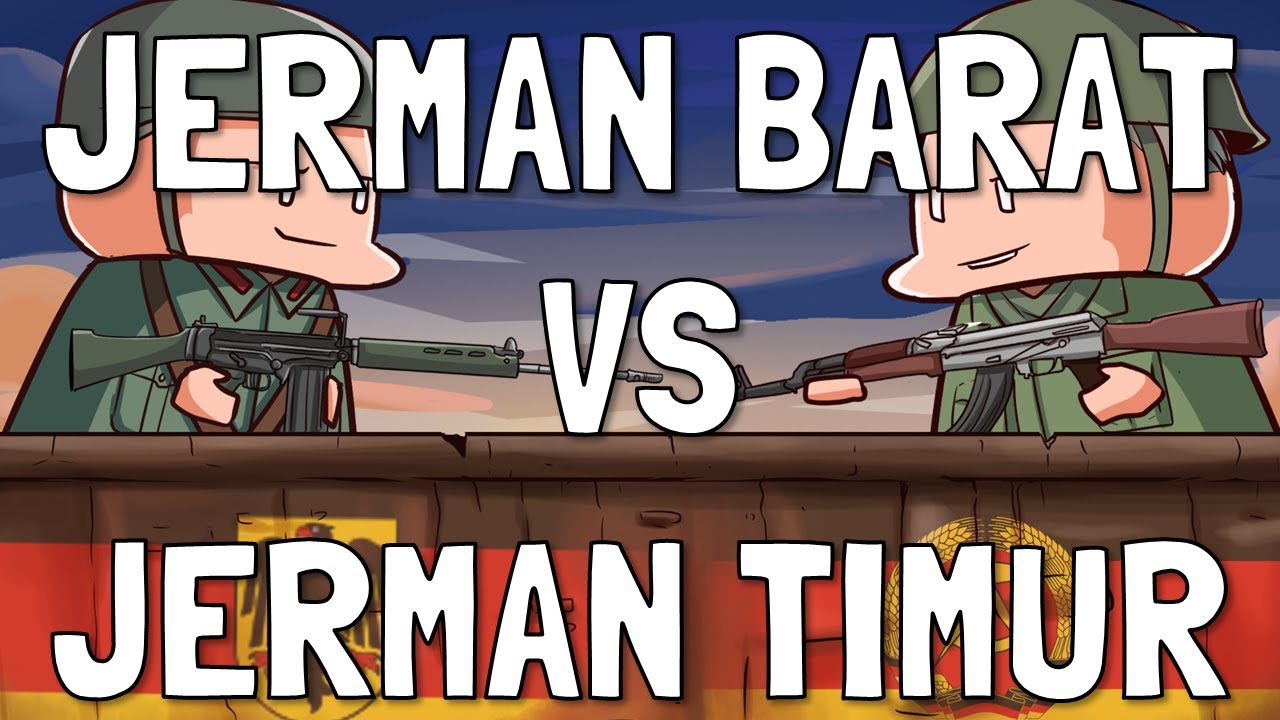34 Years of German Reunification 🇩🇪 | Feli from Germany
Summary
TLDRIn this video, Phy discusses Germany's National Holiday, Tag der Deutschen Einheit, celebrated on October 3rd to commemorate the reunification of East and West Germany in 1990. She provides a historical overview of Germany's division post-World War II, the construction and fall of the Berlin Wall, and the cultural significance of the day. Despite 34 years since reunification, Phy highlights ongoing economic and social disparities between East and West Germany. The video reflects on the importance of understanding this historical context while celebrating German unity today.
Takeaways
- 🇩🇪 October 3rd is Germany's national holiday, known as 'Tag der Deutschen Einheit' (Day of German Unity), celebrating the reunification of East and West Germany in 1990.
- 🧱 Germany was divided into four occupied zones after World War II, with West Germany formed from the American, British, and French zones, and East Germany from the Soviet zone.
- 🕊️ The Berlin Wall was constructed in 1961 to prevent East Germans from fleeing to the West, marking a significant division in the country.
- 📅 The Berlin Wall fell on November 9, 1989, after significant protests demanding democratic reforms, leading to the eventual reunification on October 3, 1990.
- ⚖️ November 9 is not celebrated as a national holiday due to its association with multiple tragic events in German history, including the rise of the Nazis.
- 💔 Following reunification, East Germans faced challenges transitioning from a socialist to a capitalist society, resulting in economic disparities that persist today.
- 📉 Unemployment rates are higher and wages lower in the former East Germany, contributing to ongoing feelings of division between East and West.
- 🗳️ Recent political trends show a rise in support for far-right parties in East Germany, reflecting underlying frustrations with the current political landscape.
- 🎉 Unlike the Fourth of July in the U.S., Germans do not typically celebrate German Unity Day with large personal gatherings; it is marked by official events.
- 🗣️ The presenter encourages viewers to share their personal stories related to the Berlin Wall and reunification, fostering a connection with the audience.
Q & A
What is the significance of October 3rd in Germany?
-October 3rd is Germany's national holiday known as the Day of German Unity, celebrating the reunification of East and West Germany, which officially occurred in 1990.
What led to the division of Germany after World War II?
-After World War II, Germany was divided into four occupied zones controlled by the US, UK, France, and the Soviet Union, leading to the formation of West Germany and East Germany in 1949.
What were the main differences between East and West Germany during the division?
-West Germany had a democratic government and experienced economic recovery known as the 'Wirtschaftswunder' (economic miracle), while East Germany was a socialist state with strict control over citizens' lives and poorer economic conditions.
What was the Berlin Wall, and why was it constructed?
-The Berlin Wall was built in 1961 to prevent East Germans from fleeing to West Berlin, effectively stopping the significant population loss from East Germany to the West.
What is the meaning of 'Ostalgie' as mentioned in the video?
-Ostalgie is a term combining 'Ost' (East) and 'Nostalgie' (nostalgia) that describes the sentimental longing for aspects of life in East Germany, despite the desire to leave at the time.
Why is November 9th not celebrated as a national holiday in Germany?
-November 9th is associated with multiple significant and tragic events in German history, making it inappropriate for a national holiday. Instead, October 3rd is celebrated for the reunification.
What were the Monday demonstrations, and how did they contribute to reunification?
-The Monday demonstrations were peaceful protests in East German cities, particularly Leipzig, demanding democratic reforms. They played a crucial role in undermining the East German government, leading to the fall of the Berlin Wall.
How did the reunification affect East German society?
-The reunification led to significant changes in everyday life for East Germans, including the disappearance of many East German products and a shift from a socialist to a capitalist society, which caused economic challenges.
What ongoing issues still exist between East and West Germany after reunification?
-Even after 34 years, there are economic disparities, higher unemployment rates in the East, lower wages, and fewer Easterners in political positions, reflecting a continued divide between the two regions.
How do Germans typically celebrate the Day of German Unity?
-While October 3rd is a public holiday in Germany with official celebrations and events, it is not commonly celebrated in a personal or familial manner like other national holidays, such as the Fourth of July in the US.
Outlines

This section is available to paid users only. Please upgrade to access this part.
Upgrade NowMindmap

This section is available to paid users only. Please upgrade to access this part.
Upgrade NowKeywords

This section is available to paid users only. Please upgrade to access this part.
Upgrade NowHighlights

This section is available to paid users only. Please upgrade to access this part.
Upgrade NowTranscripts

This section is available to paid users only. Please upgrade to access this part.
Upgrade NowBrowse More Related Video

Reunifikasi Jerman : Peristiwa Penting Dunia, Part 3

Bagaimana Jerman Barat dan Jerman Timur Akhirnya Bersatu?!

Sistem Pemerintahan Negara Jerman.

Por que o Muro de Berlim foi erguido e por que caiu? | Podcast

Die Geschichte der BRD einfach erklärt (explainity® Erklärvideo)

The Berlin Wall: History Explained on Maps 🌍
5.0 / 5 (0 votes)